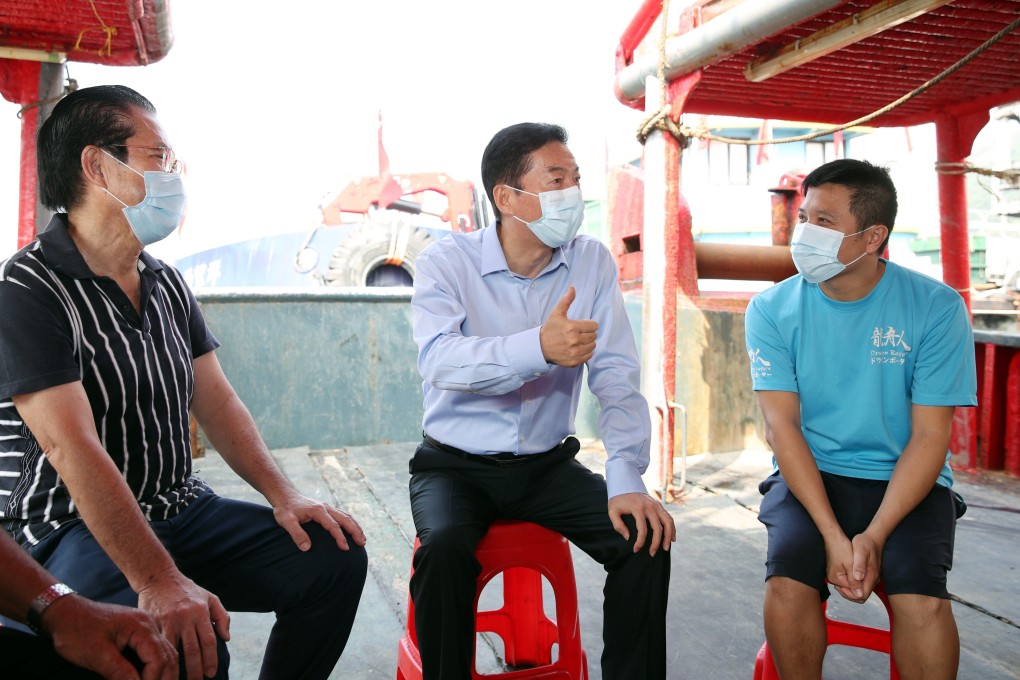Advertisement
Letters | Hong Kong’s ‘one country, two systems’ has surprised and derailed
- Readers discuss the state of Hong Kong’s political system, a law concerning marriage and family, and acceptance of the LGBT communities in sports
Reading Time:3 minutes
Why you can trust SCMP
6

Feel strongly about these letters, or any other aspects of the news? Share your views by emailing us your Letter to the Editor at [email protected] or filling in this Google form. Submissions should not exceed 400 words, and must include your full name and address, plus a phone number for verification.
I agree with your correspondent’s take on history in “Two systems will survive and prevail” (February 16). As a result of Chinese leader Deng Xiaoping’s wisdom, Hong Kong was offered a clear path forward beyond 1997. That path required a capable leader, but unfortunately none of the four chief executives in the ensuing years have been able to maintain speed and direction.
Since 2007, Hong Kong has drifted into inertia in many areas because of the undue influence of vested interests. The wealth gap widened and land and housing problems were ignored. Many undesirable happenings emerged in this vacuum and Hong Kong’s traditional optimism faded.
Advertisement
It was only a matter of time before China asserted its authority to stop the slide. Has “one country, two systems” survived and prevailed? I think that rather than getting “back on track”, as your correspondent stated, it has surprised and derailed.
Directions will now come from the mainland, and ordinary people will welcome President Xi Jinping’s policy of “common prosperity” and wave good riddance to laissez-faire economics. It has been obvious in the past year that the liaison office is more clued in to ordinary Hongkongers’ trials and tribulations than our administration and members of the Executive Council, who all have their heads in the clouds.
The election of the next chief executive has been delayed until May. It will be interesting to see how the candidates’ manifestos reflect Hong Kong’s new reality.
Advertisement
Select Voice
Select Speed
1.00x
